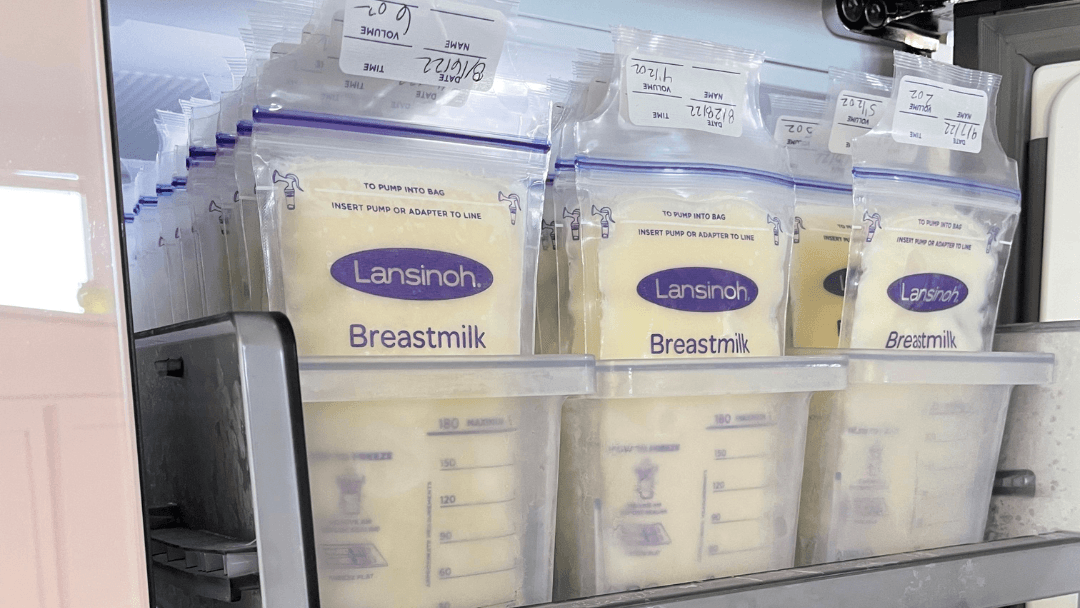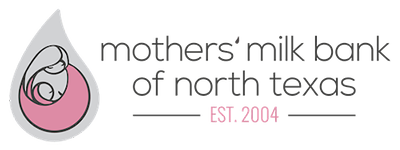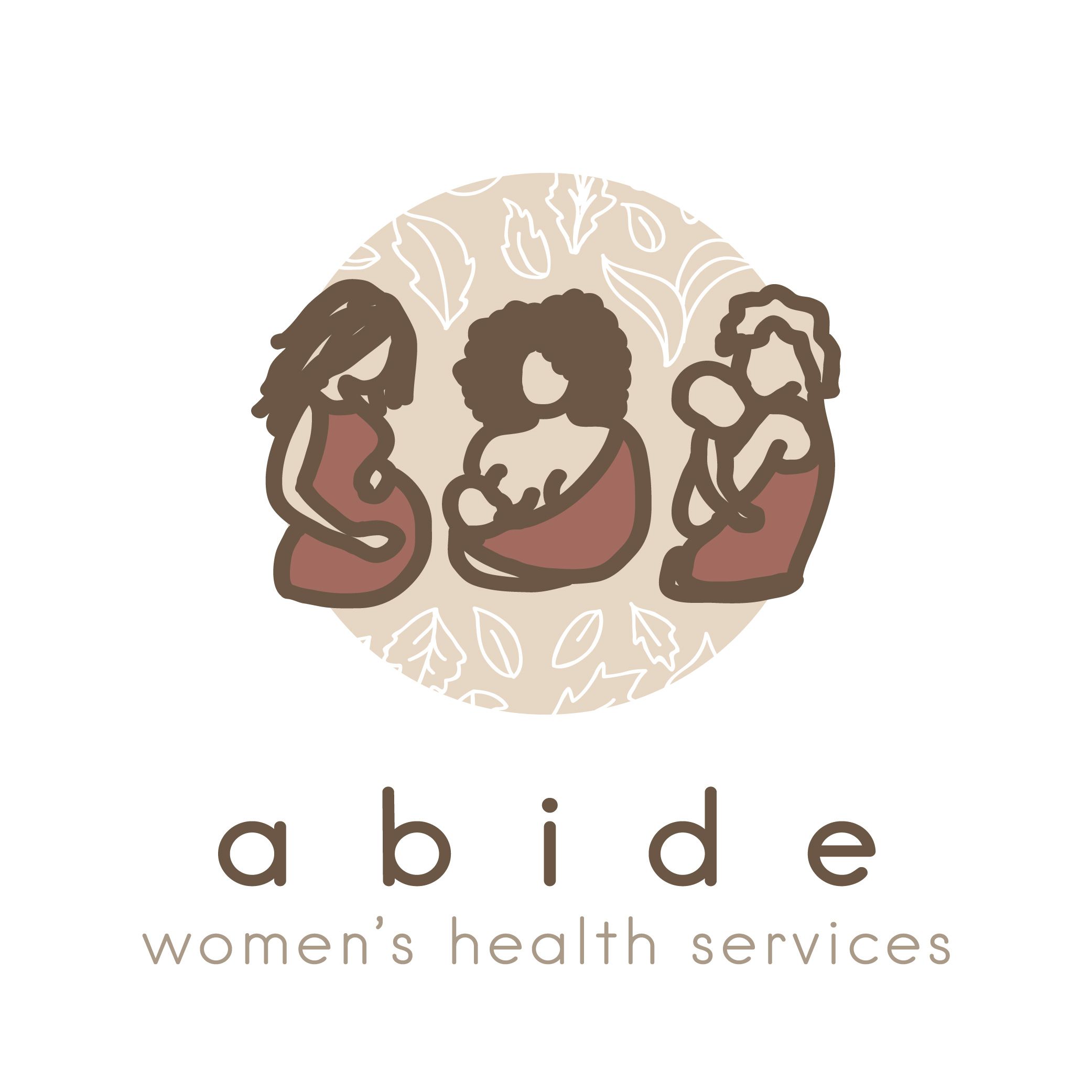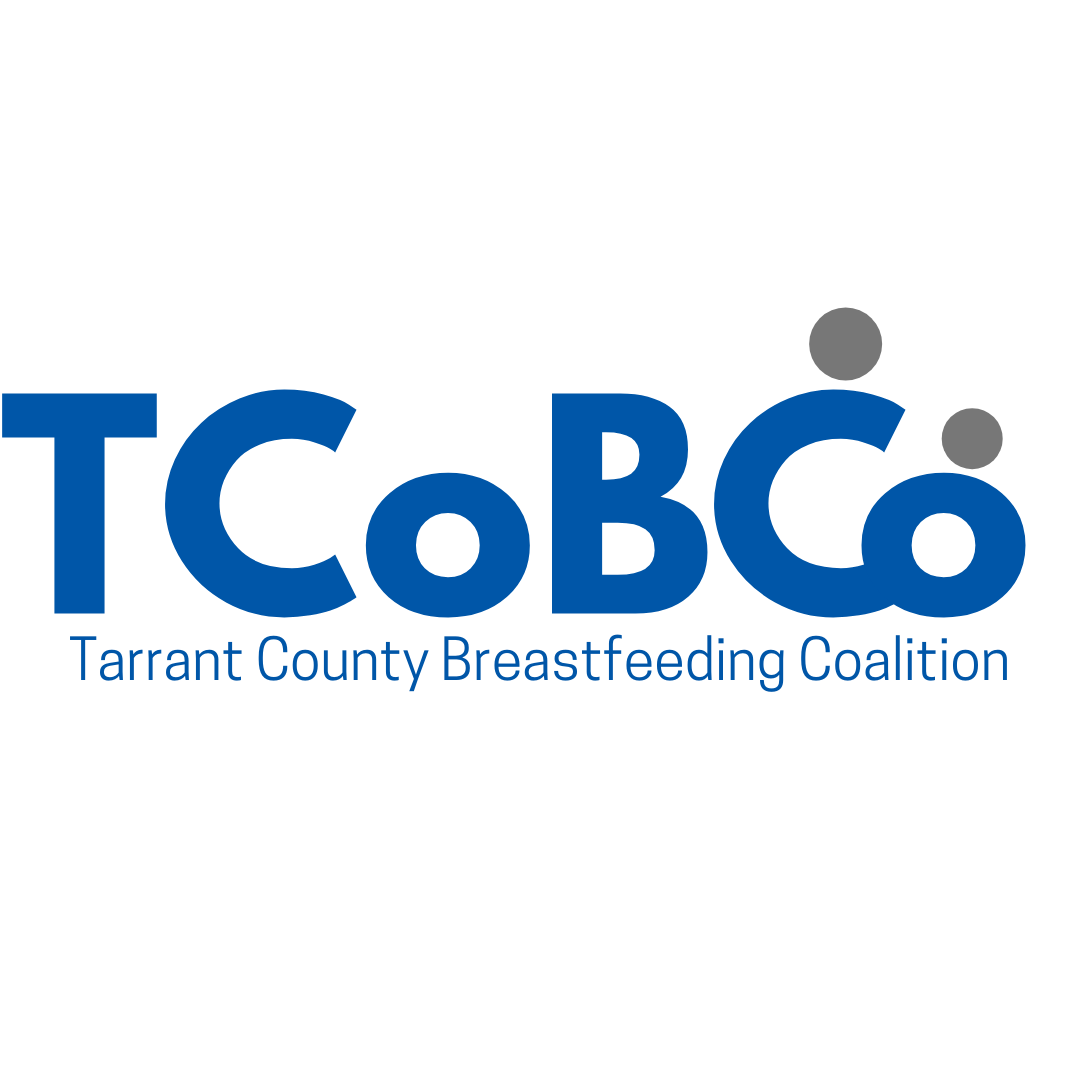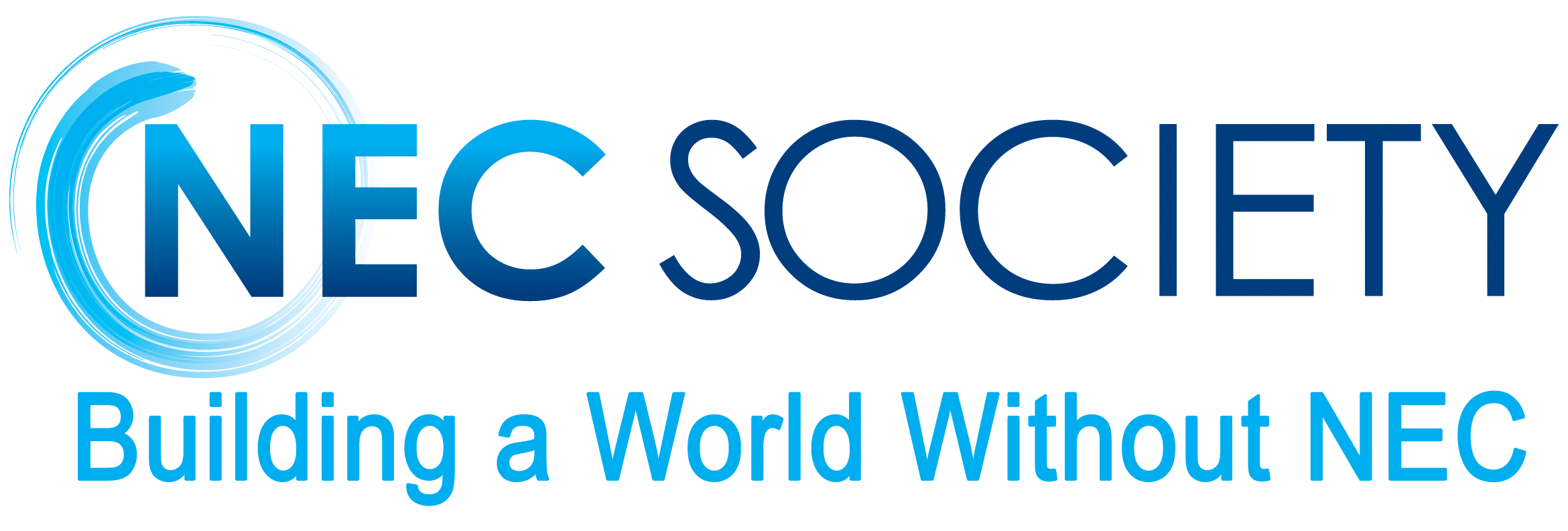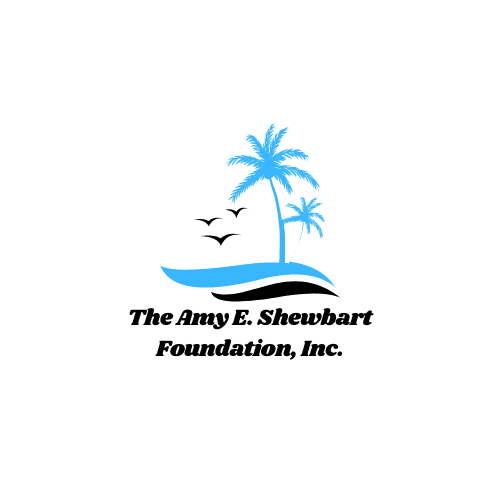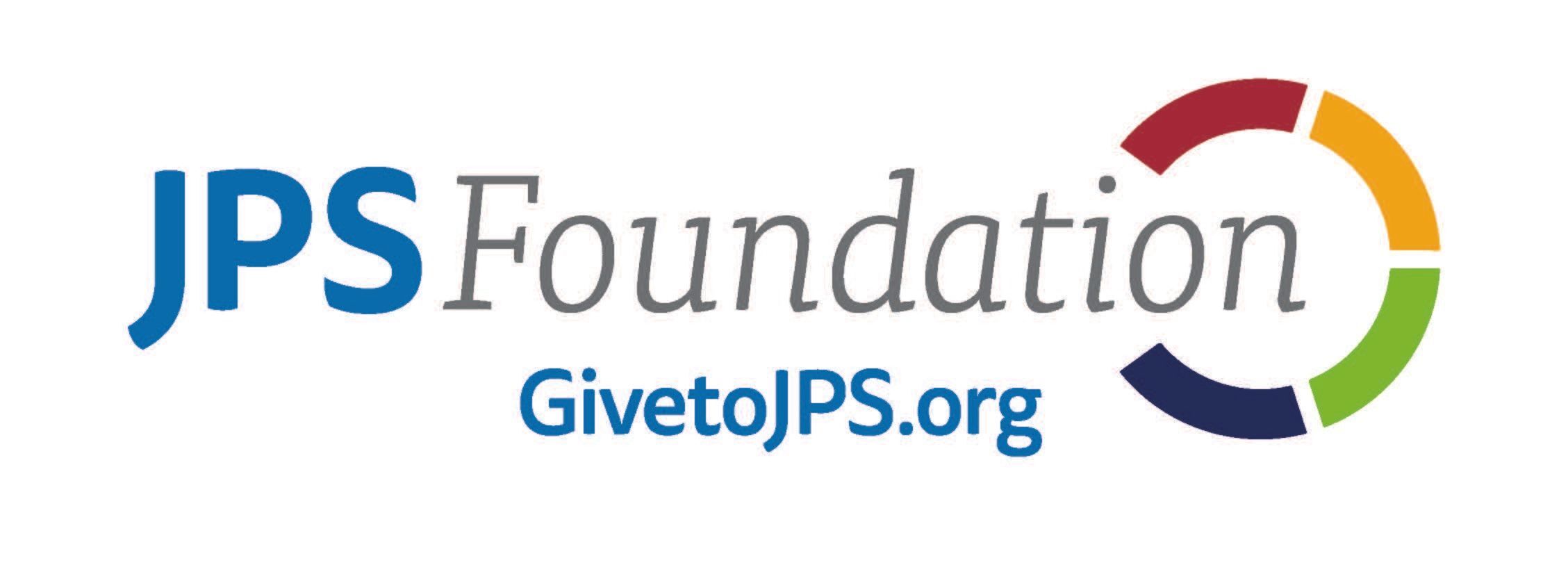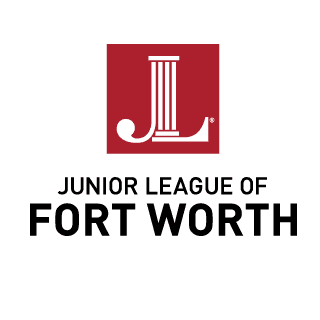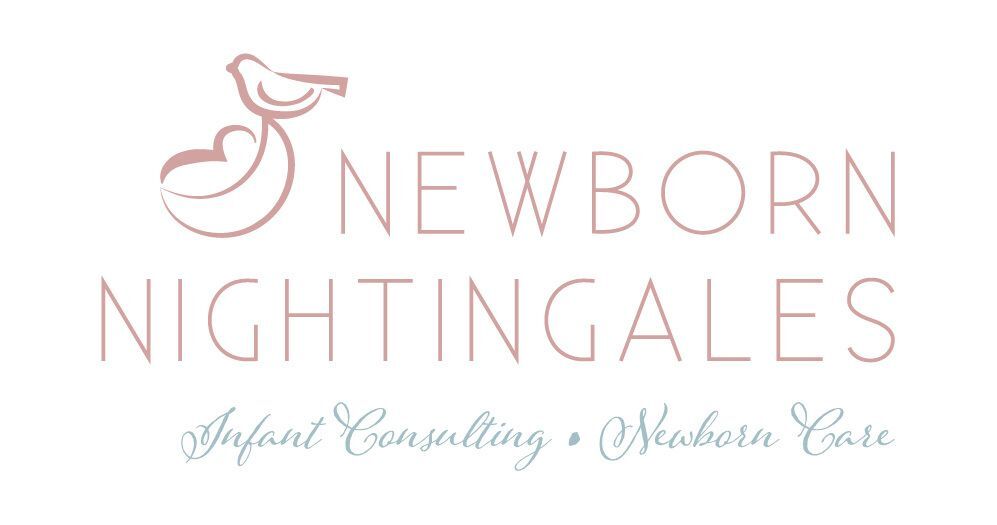Milk Sharing Education
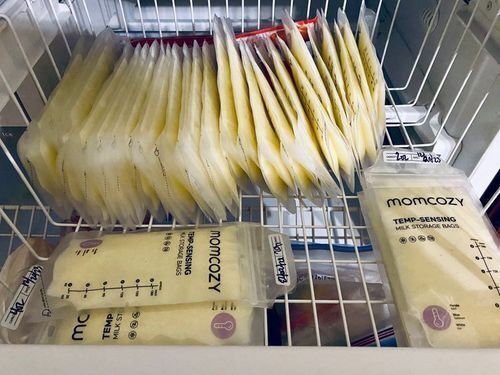
How is donating breastmilk to a nonprofit donor milk bank different from informally sharing milk?
Nonprofit milk banks including Mothers’ Milk Bank of North Texas take multiple steps to assure the safety of donor milk beyond vigorous donor screenings such as batch pooling and pasteurization. The safety of screened milk that has not been processed by a donor milk bank is not guaranteed. Human milk is a complex fluid of biologically active components, and direct milk sharing increases the risks for the transmission of disease and bacterial infections.
Donor Milk Saves Little Lives
As a limited and precious resource, the milk bank prioritizes the dispensation of pasteurized donor milk to the sickest babies with the greatest need. Essential nutrients, antibodies and growth factors aid recovery and development. Vulnerable infants are protected from life-threatening infections such as necrotizing enterocolitis (NEC), an intestinal disease with a high mortality rate. Learn more about NEC and a study funded by the NIH.
From the American Academy of Pediatrics
“Informal direct milk sharing without pasteurization exposes infants to a range of possible risks, including bacterial contamination and viral transmission, including cytomegalovirus, hepatitis viruses, and HIV. Individual screening is performed by some Internet-based groups that organize direct milk sharing, but these are neither consistently applied nor documented. Furthermore, even with serologic blood testing, infectious complications remain a significant risk in unpasteurized milk.
Because direct milk sharing is often arranged by using milk from a single donor mother, other contaminants, such as medications or drugs, may be a higher risk than with pooled milk products. It is unknown what effects paying women for milk might have on these risks” (AAP, 2017). Read the full policy statement.
From the Office of the Surgeon General
“Growing evidence supports the role of donated human milk in assisting infants with special needs, such as infants in newborn intensive care units who are unable to receive their own mothers’ milk, to achieve the best possible health outcome. In these situations, use of banked donor milk may protect the infant from the risks that might result from not breastfeeding” (NIH, 2011). See the Surgeon General's Call to Action to Support Breastfeeding.
